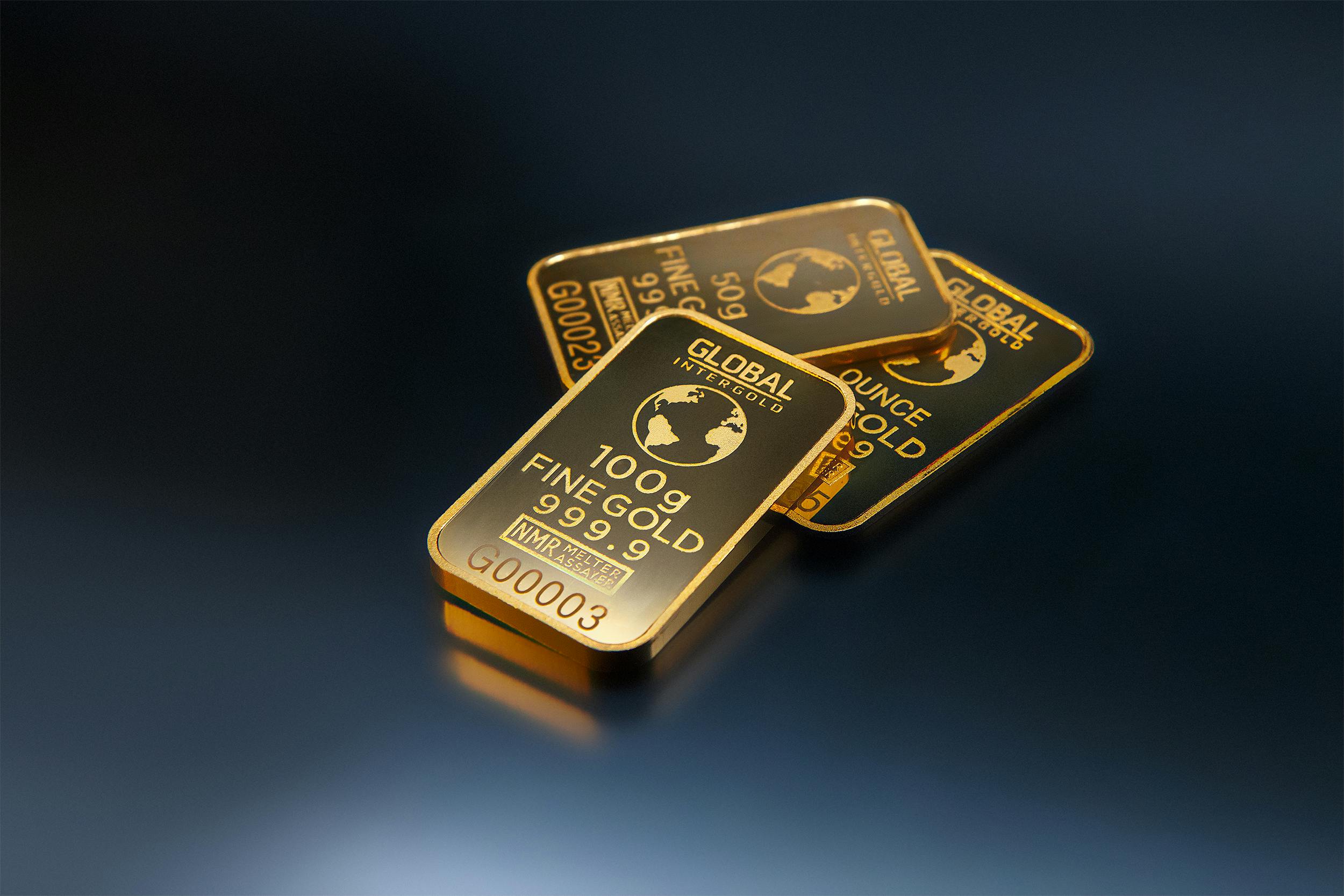Bitcoin is a Better Investment Than Gold Right Now – Arthur Hayes
03.07.2024 12:00 1 min. read Alexander Stefanov
Recently, the price of Bitcoin has seen a significant drop, causing concern among investors and market analysts.
Despite this recent decline, Arthur Hayes, co-founder and former CEO of BitMEX, offered an outlook that may reassure enthusiasts of Bitcoin. Hayes discussed historical economic cycles and their impact on Bitcoin as a safe-haven asset.
He classifies historical economic cycles into local inflation cycles and broader global ones. The BitMEX co-founder characterized the current economic environment as a local cycle marked by major geopolitical and monetary policy changes.
Within this cycle, Hayes pointed to the transition from a US-dominated unipolar world to a multipolar one with rising powers such as China, Brazil and Russia. He emphasized that governments are increasingly using financial repression and large-scale money printing to finance deficits, which has a negative impact on asset valuations and wealth preservation.
During such periods, Hayes argues that Bitcoin outperforms traditional assets. Unlike gold, which relies on nature to maintain its ledger and has a slow physical transfer, Bitcoin’s ledger is maintained through a blockchain, allowing for fast transactions. In his view, this makes Bitcoin a more attractive safe-haven asset than gold in local cycle conditions.
Finally he added:
Bitcoin is better while gold is worse. This is why Bitcoin has stolen some of gold’s thunder from 2009 to now.
-
1
Trump-Linked Truth Social Pushes for Bitcoin-Ethereum ETF as Crypto Strategy Expands
25.06.2025 19:00 2 min. read -
2
Bitcoin Hashrate Declines 3.5%, But Miners Hold Firm Amid Market Weakness
27.06.2025 21:00 2 min. read -
3
Bitcoin’s Price Closely Mirrors ETF Inflows, Not Corporate Buys
26.06.2025 11:00 2 min. read -
4
Crypto Company Abandons Bitcoin Mining to Focus Entirely on Ethereum Staking
26.06.2025 20:00 1 min. read -
5
Bitcoin ETF Inflows Hit $2.2B as Market Calms After Ceasefire
25.06.2025 17:00 1 min. read
Bitcoin ETFs See $1B Inflow as IBIT Smashes Global AUM record
Spot Bitcoin ETFs recorded a massive influx of over $1 billion in a single day on Thursday, fueled by Bitcoin’s surge to a new all-time high above $118,000.
Bitcoin Outlook: Rising U.S. Debt and Subdued Euphoria Suggest More Upside Ahead
As Bitcoin breaks above $118,000, fresh macro and on-chain data suggest the rally may still be in its early innings.
Analysis Firm Explains Why Bitcoin’s Breakout Looks Different This Time
Bitcoin’s surge to new all-time highs is playing out differently than previous rallies, according to a July 11 report by crypto research and investment firm Matrixport.
Bitcoin Reaches New All-Time High Above $116,000
Bitcoin surged past $116,000 on July 11, marking a new all-time high amid intense market momentum.
-
1
Trump-Linked Truth Social Pushes for Bitcoin-Ethereum ETF as Crypto Strategy Expands
25.06.2025 19:00 2 min. read -
2
Bitcoin Hashrate Declines 3.5%, But Miners Hold Firm Amid Market Weakness
27.06.2025 21:00 2 min. read -
3
Bitcoin’s Price Closely Mirrors ETF Inflows, Not Corporate Buys
26.06.2025 11:00 2 min. read -
4
Crypto Company Abandons Bitcoin Mining to Focus Entirely on Ethereum Staking
26.06.2025 20:00 1 min. read -
5
Bitcoin ETF Inflows Hit $2.2B as Market Calms After Ceasefire
25.06.2025 17:00 1 min. read

